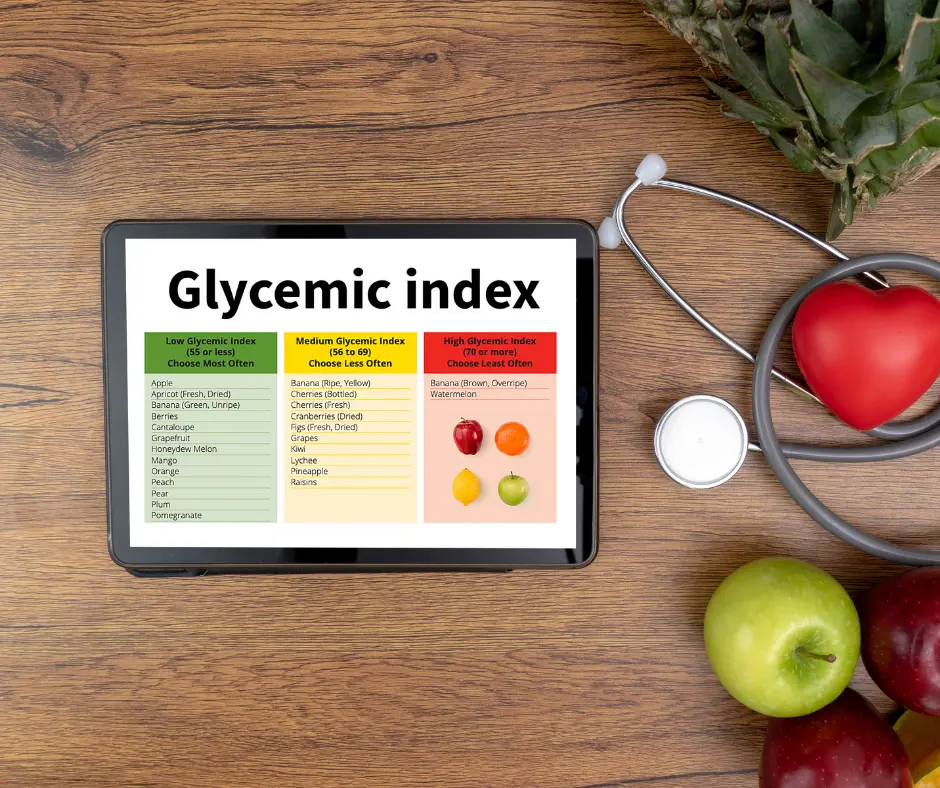
Understanding Thyroid Disorders
Before delving into the nutritional strategies, it is important to have a clear understanding of thyroid disorders and how they affect the body. The thyroid gland, located in the neck, produces hormones that regulate metabolism, growth, and development. When the thyroid gland fails to produce enough hormones, it leads to hypothyroidism, characterized by symptoms such as fatigue, weight gain, and cold intolerance. Hashimoto’s thyroiditis, on the other hand, is an autoimmune condition in which the immune system attacks the thyroid gland, causing inflammation and ultimately hypothyroidism.
Online Appointment
The Role of Diet in Thyroid Health
While diet alone cannot cure thyroid disorders, making certain dietary changes can support thyroid function and improve overall well-being. It is important to note that these strategies should be used in conjunction with medication and under the guidance of a healthcare professional. Here are some key nutritional strategies to consider:
Eliminate Trigger Foods
Certain foods can trigger inflammation and worsen symptoms in individuals with thyroid disorders. Gluten, for example, has been linked to autoimmune thyroid conditions such as Hashimoto’s thyroiditis. Consider eliminating gluten from your diet and opt for gluten-free alternatives like quinoa, rice, and gluten-free oats. Additionally, some individuals may be sensitive to dairy products or other common allergens. Identifying and eliminating trigger foods can help reduce inflammation and alleviate symptoms.
Emphasize Nutrient-Dense Foods
Aim to consume a well-rounded, nutrient-dense diet that provides essential vitamins, minerals, and antioxidants. Include a variety of fruits, vegetables, lean proteins, whole grains, and healthy fats in your meals. These foods provide the necessary nutrients to support thyroid function and promote overall health. Focus on foods rich in iodine, selenium, vitamin D, and omega-3 fatty acids, as these nutrients are particularly important for thyroid health.
Balance Macronutrients
Maintaining a balanced intake of macronutrients is crucial for overall health and thyroid function. Ensure that your meals contain a balance of carbohydrates, proteins, and fats. Carbohydrates provide energy, while proteins support muscle growth and repair. Healthy fats, such as those found in avocados, nuts, and olive oil, are essential for hormone production. Strive for a balanced and varied diet to support optimal thyroid function.
Address Iodine Deficiency
Iodine is a key nutrient for thyroid health, as it is necessary for the production of thyroid hormones. While iodine deficiency is less common in many countries due to iodized salt and fortified foods, it can still be a concern in certain regions. If you suspect iodine deficiency, consult with a healthcare professional to determine if iodine supplementation is necessary. However, it is important to note that excessive iodine intake can also be detrimental to thyroid function, so moderation is key.
Support Gut Health
There is a strong connection between gut health and thyroid function. A healthy gut microbiome helps regulate immune function and reduce inflammation, both of which are important for managing thyroid disorders. Include probiotic-rich foods like yogurt, sauerkraut, and kefir in your diet to support a healthy gut. Additionally, consuming fiber-rich foods, such as fruits, vegetables, and whole grains, can promote regular bowel movements and support overall digestive health.
Manage Stress
Chronic stress can negatively impact thyroid function and exacerbate symptoms of thyroid disorders. Incorporate stress management techniques into your daily routine, such as meditation, yoga, deep breathing exercises, or engaging in hobbies you enjoy. Prioritizing self-care and finding healthy outlets for stress can help support thyroid health and overall well-being.
Stay Hydrated
Drinking an adequate amount of water is essential for overall health, including thyroid function. Dehydration can affect hormone production and metabolism. Aim to drink enough water throughout the day to stay properly hydrated. Additionally, limit your intake of sugary beverages and opt for water or herbal tea as your main sources of hydration.
Avoid Processed Foods and Added Sugars
Processed foods and added sugars provide little nutritional value and can contribute to inflammation and weight gain. These foods can also disrupt blood sugar levels and exacerbate symptoms of thyroid disorders. Opt for whole, unprocessed foods whenever possible and limit your consumption of added sugars. Instead, satisfy your sweet tooth with natural sources of sweetness, such as fruit.
Consider Supplements
While it is best to obtain nutrients from whole foods, some individuals with thyroid disorders may benefit from specific supplements. Consult with a healthcare professional to determine if you have any nutrient deficiencies that may require supplementation. Common supplements for thyroid health include iodine, selenium, vitamin D, and omega-3 fatty acids. However, it is important to remember that supplements should never replace a balanced diet and should be used under the guidance of a healthcare professional.
Individualize Your Approach
Every individual is unique, and what works for one person may not work for another. It is important to listen to your body and pay attention to how different foods and lifestyle choices affect your symptoms. Keep a food and symptom diary to track your progress and identify any patterns or triggers. Consulting with a registered dietitian or healthcare professional who specializes in thyroid disorders can provide personalized guidance and support.
Conclusion
While medication is the primary treatment for thyroid disorders, adopting a healthy diet and lifestyle can play a significant role in managing symptoms and optimizing thyroid function. By eliminating trigger foods, emphasizing nutrient-dense options, and addressing specific nutritional needs, you can support your overall thyroid health. It is important to work closely with a healthcare professional to tailor your approach to your individual needs and ensure that you are receiving the necessary support and guidance. Remember, a well-balanced diet, stress management, and a healthy lifestyle can help you take control of your thyroid health and improve your overall well-being.






